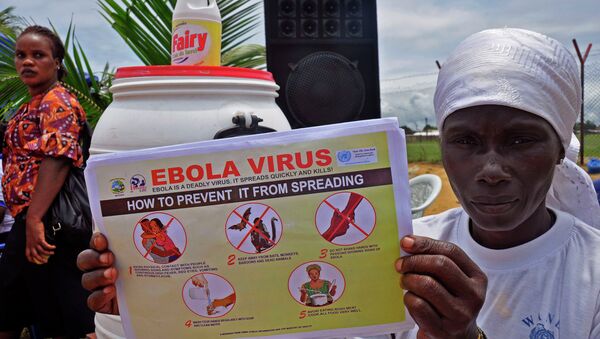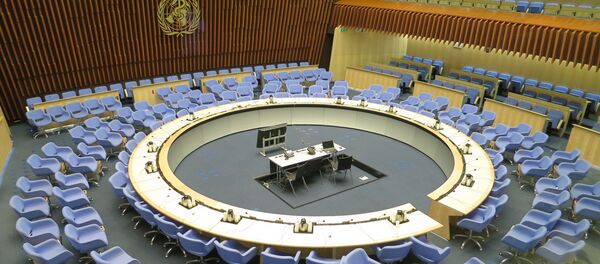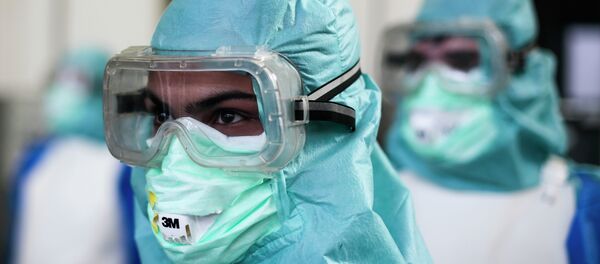"One of the big concerns with Ebola and in fact any disease outbreak is the concern about complacency, if the world becomes complacent or even worse, indifferent, it is much harder to fight the disease," Solomon said.
According to the WHO official, fighting the Ebola outbreak without the support and attention of the entire international community is difficult, as resources at all levels are needed, which hinges on the issue being consistently prioritized and funded.
Ebola has had a major impact on West Africa, both socially and economically, Solomon stated.
"It risks continued spread both within and outside the region. So the concern about hasn't changed even though the headlines have become smaller. So we hope that money and funding will still be there," he told Sputnik.
The current Ebola epidemic started in southern Guinea in late 2013 and soon spread to Liberia, Sierra Leone, Nigeria and Senegal. The outbreak has claimed more than 6,100 lives, while the number of suspected cases of Ebola has exceeded 17,500, according to latest WHO estimates.





